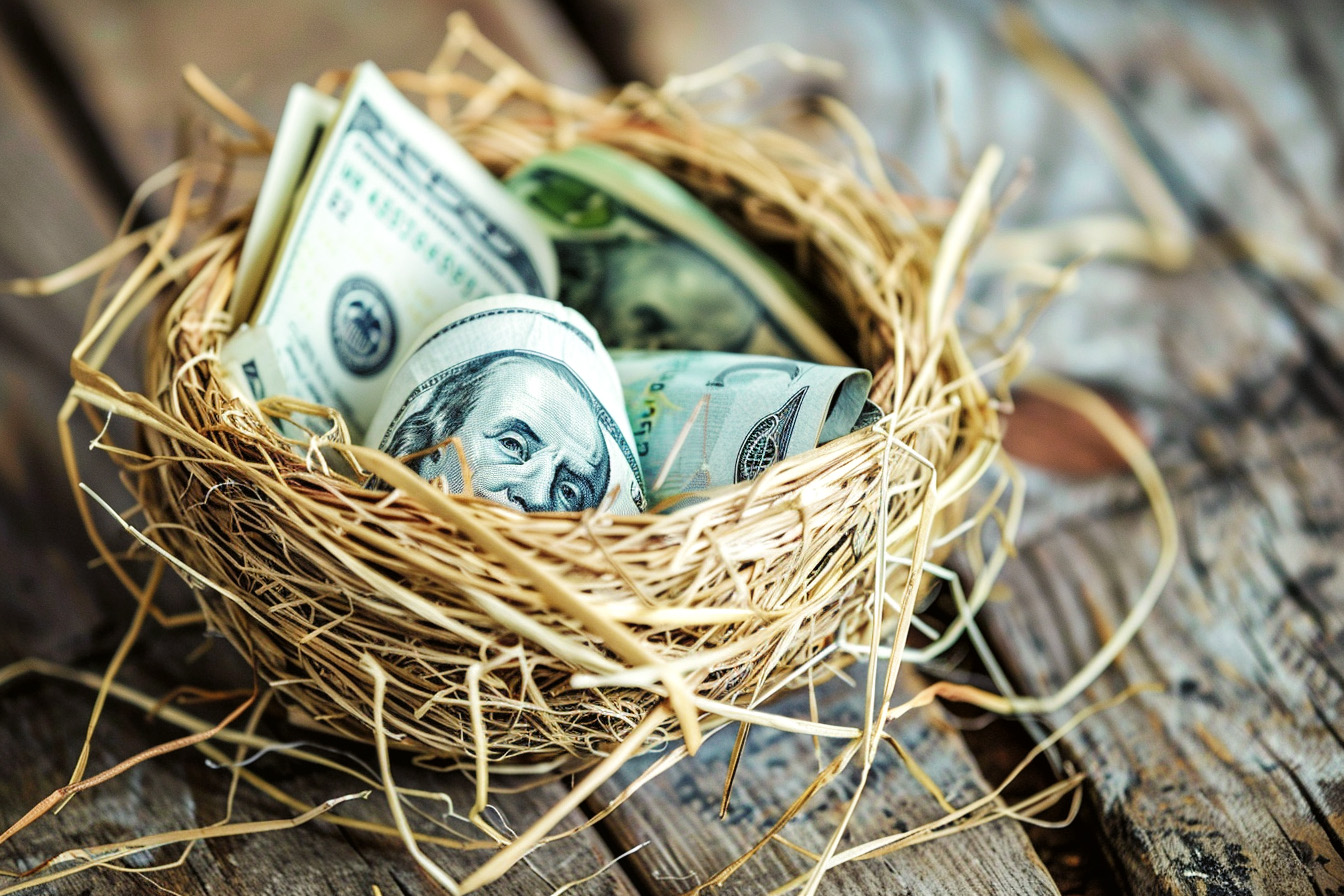What if there was an evidence-based recipe for being happier in life? Ancient and modern thinkers have pondered, explored, and grappled with understanding human happiness. While happiness means different things to different people, researchers in positive psychology and other areas have identified some common ingredients that may comprise the key elements of what we could call “The Happiness Formula.”
This formula combines practical lifestyle habits and perspectives rooted in science-backed insights from psychology, philosophy, and spirituality to promote well-being. From savoring meaningful relationships and expressing gratitude to discovering personal purpose and passion, The Happiness Formula offers a holistic guide to joy.
Historical Perspectives on Defining Happiness
The inquiry into happiness and living “the good life” traces back thousands of years to the ancient Greeks. Aristotle called happiness “Eudaimonia,” a combination of living virtuously, actualizing one’s potential, and participating actively in society. Buddhists also underscore acting morally while cultivating positive personal qualities through meditation and wisdom.
During the Renaissance, humanist scholars emphasized the realization of human potential, whereas Romantic era philosophers privileged living passionately and authentically. Modern positive psychology operationalizes happiness as combinations of positive emotions, engagement, relationships, meaning, and accomplishment (PERMA theory).
Example: The ancient Chinese philosopher Confucius taught cultivating virtue and acting benevolently towards others as keys to fulfillment.
Psychological Components of Happiness
Contemporary researchers define happiness as having two interrelated facets: emotional well-being (feeling good) and life satisfaction (functioning well). Emotional well-being encompasses positive emotions like joy and contentment plus managing negative emotions skillfully. Life satisfaction means perceiving one’s life as good based on reasonable criteria. Psychologists also identify constitutional factors (genetics, personality), life circumstances (income, occupation), volitional activities (personal passions, social ties), and cognitive conditions (outlook, values) as shaping happiness.
Example: Heritable personality traits like extroversion and optimism set happiness “set points,” but intentional activities can raise levels lastingly.
Optimistic psychology founder Martin Seligman devised the PERMA model encompassing essential -healthy elements: Positive Emotions, Engagement, Relationships, Meaning, and Achievement. These factors work synergistically to promote flourishing. Researchers continue identifying lifestyle practices and ways to boost happiness through rigorous empirical work.
Introducing The Happiness Formula
Integrating historical wisdom with psychological findings, The Happiness Formula suggests five key ingredients working together to deliver happiness:
- Gratitude
- Social Connections
- Self-Care
- Purpose
- Mindset
Gratitude reduces negative emotions, increases feelings of abundance, and builds psychological resilience. Social connections fulfill our need to belong through supportive personal relationships. Prioritizing self-care by attending to physical, emotional, and spiritual needs creates a capacity for joy. Discovering purpose and passion instills meaning and motivation. Finally, growth mindsets power positive change through effort and self-compassion.
Example: Scientific studies reveal that keeping a gratitude journal, joining a book club, taking scenic nature walks, volunteering, and believing abilities can improve with effort and enhance happiness.
Breaking Down the Formula
Gratitude
Cultivating gratitude means appreciating the positive aspects of life consciously. Practicing gratitude boosts happiness by reducing anxiety, increasing generosity, and improving sleep quality—notably, gratitude interventions lower depression recurrence when combined with medication and therapy. Keeping a gratitude journal, writing thank you notes, and meditating on good fortune cultivate gratitude effectively.
Social Connections
Humans are wired for social connection. Social support enhances well-being by buffering stress and facilitating personal growth through modeling and mentoring. Kindness and cooperation also trigger the neurochemical oxytocin, inducing calmness and contentment. Consequently, nurturing personal relationships and community belonging satisfies our need for connection while producing happiness.
Self-Care
Attending to physical, psychological, and spiritual needs through self-care provides energy for pursuing meaning and happiness. Getting sufficient sleep, nutritious foods, physical activity, and mental downtime replenishes mental resources to handle life’s demands. Further, practices producing positive emotions like yoga, music, and aesthetics (e.g., nature, art) also boost happiness substantially. Making self-care a priority is foundational for a healthy being.
Purpose
Finding purpose and passion brings significant happiness gains by channeling human potential towards meaningful goals. Purposeful living boosts motivation, bolsters resilience in hardship, and correlates strongly with perceived well-being across cultures. Seeking personally significant causes, creating value for others, or expressing creativity promotes eudaimonic happiness through actualizing talents and potential.
Mindset
Mindsets reflecting resilience, optimism, and positive self-regard are critical drivers of happiness. Resilience effectively coping with problems can be enhanced by reframing difficulties through a growth lens. Prior academic mindset programs have improved minority student grades and retention rates significantly, demonstrating mindset’s profound impact. Additionally, self-compassion, not self-esteem, leads to emotional wisdom and social belonging for sustainable happiness.
The Happiness Formula in Action
To illustrate The Happiness Formula’s life-changing potential holistically, let’s consider Alex, an overworked healthcare analyst struggling with burnout and life dissatisfaction:
Gratitude: Alex starts an evening routine listing three daily blessings to broaden awareness of support beyond work struggles.
Social: Alex reaches out to sustainably nurture a neglected long-distance friendship through postcards and calls.
Self-Care: Alex adopts consistent sleep, workout, and hobby times despite work pressures via renewed resolve
Purpose: By journaling, Alex envisions and articulates core values not manifested at her stressful job.
Mindset: Alex self-affirms challenges as growth opportunities and emotional processes work stress before allowing it to become all-consuming.
Implementing these small but mighty happiness habits not only improved Alex’s daily lived experience but also granted her perspective to make career changes aligning with her purpose as a medical educator instead. This expanded flourishing across life domains through compounding gains over time.
Key Takeaways
The Happiness Formula combines historical wisdom and psychological research into five critical ingredients for happiness: Gratitude, Social Connections, Self-Care, Purpose, and Mindset.
- Gratitude reduces negative emotions, increases feelings of abundance, and builds resilience.
- Social Connections fulfill our need for belonging through supportive personal relationships.
- Self-care replenishes resources to handle life’s demands and boost happiness.
- Discovering one’s Purpose and Passion provides meaning and motivation.
- Growth Mindsets power positive change through effort and self-compassion.
Implementing small positive lifestyle habits and perspectives from the Happiness Formula can compound over time to dramatically boost sustainable well-being.
Conclusion
The mysteries of happiness have consumed thinkers for millennia, but positive psychology now offers empirically validated insights for satisfying Aristotle’s dictum: “Happiness depends upon ourselves.” The Happiness Formula’s five components, gratitude, social connections, self-care, purpose, and growth mindset, synergistically target multiple facets of healthy being for compounded gains. Using personally tailored combinations of these researched-backed ingredients thus allows customized “recipes” to shift both happiness mindsets and skill sets for more flourishing lives. And minor daily improvements persistently practiced can yield exponential happiness over our life journey. We all possess the power to concoct our joy.












Leave a Reply